
'Killing the motherland': Reviewing the origins of anti-Spanish sentiment in Latin America
Basque historian and philosopher Miguel Saralegui analyzes the complex relations between Spain and the Latin American republics since the time of independence.
Is there really an anti-Spanish sentiment in Latin America? And if so, what is its origin and why does it still persist?
These are the questions that Miguel Manuel Saralegui, a young Basque philosopher, historian and journalist, trie to answer in his essay Matar a la madre patria: Historia de una pasión latinoamericana (Killing the Motherland: The Story of a Latin American Passion), published in November 2021.
The text tells the story of the construction of Latin American republics from the point of view of anti-Spanish sentiment, a view that has preoccupied the author since he crossed the Atlantic in 2010 to settle in Santiago, Chile, where he is now a professor of Philosophy at the University of San Sebastian.
A decade later, Saralegui decided to publish this essay, where he first reviews the minds of the most important thinkers and politicians of the 19th century Latin America: Simón Bolívar, Argentina's Domingo Faustino Sarmiento, Esteban Echeverría and Juan Bautista Alberdi, the Venezuelan nationalized Chilean Andrés Bello (1781-1865), and Chilean José Victorino Lastarria, Cuban poet José Martí, among others.
"Those and other elite men designed a new America that, effectively, had little to do with the America in which they grew up. Where, in the sentence, we read 'old,' we should read 'Spanish.'" In other words, "the people remained Spanish," Saralegui points out in his book.
RELATED CONTENT
According to the author of the essay, these revolutionary minds sought to erase the Spanish heritage from all the symbolic places in which Creole society understood itself: politics, economy, race and religion.
Saralegui, with a Ph.D. in Philosophy from the University of Barcelona and a Ph.D. in History from the University of the Basque Country, says that anti-Spanish sentiment went from being the cause of the independence push of these countries to become the temporary axis through which they then expanded.
On the other hand, he insists that anti-Spanishn sentiment is the confirmation of an identity trauma that, even in the most pro-Spanish decades of the 20th and 21st centuries, will serve to explain, justify and take responsibility for the republican failure.
He concludes that the South American political mentality is dominated by a "structure of alien guilt" and an imperative of "permanent revolution," of continuous ("Bolivarian") march towards the future.
However, after more than 10 years in Chile, Saralegui denies that "this dramatic, hyperbolic and somewhat total anti-Spanish sentiment at the political level shows that the principle that ideas always generate actions is false. In general, Spaniards are well liked, the accent is pleasant, the human treatment is very good; I have the impression that Spaniards are treated much better in Latin America than most Latin Americans are treated in Spain," he said in a recent interview with ABC, a Spanish right-wing newspaper.



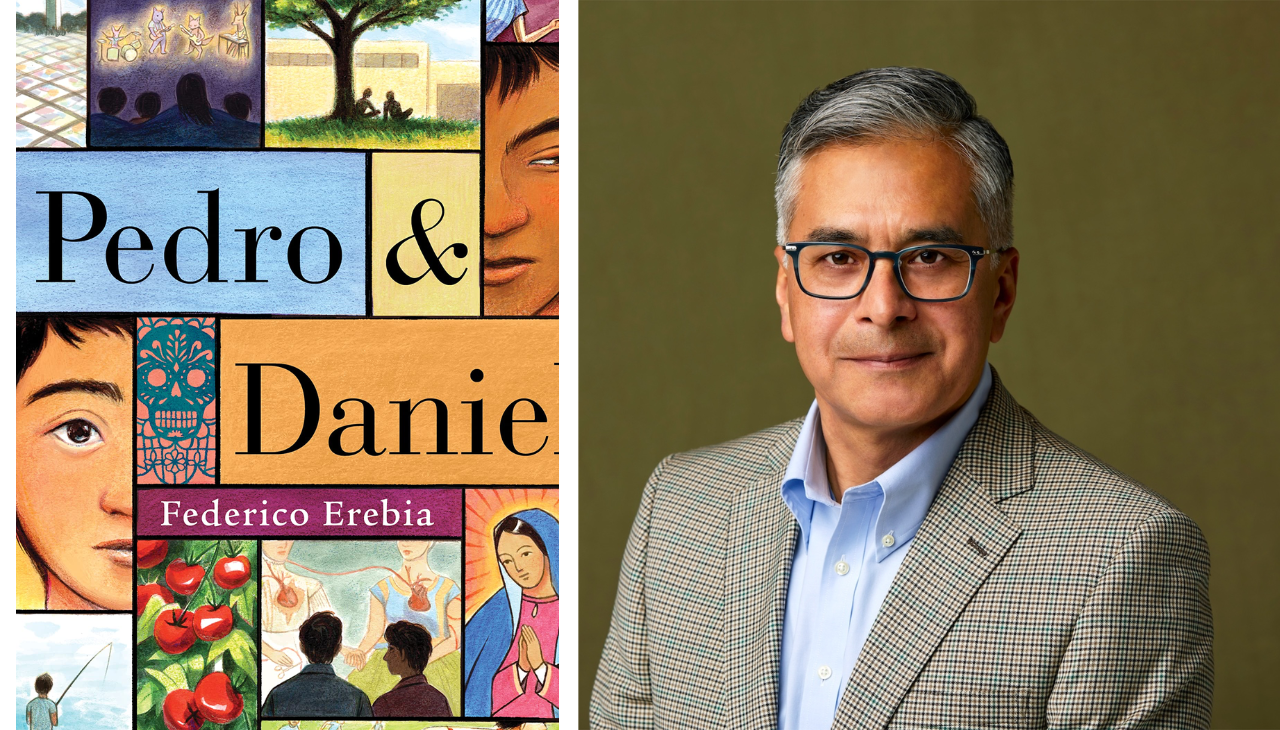
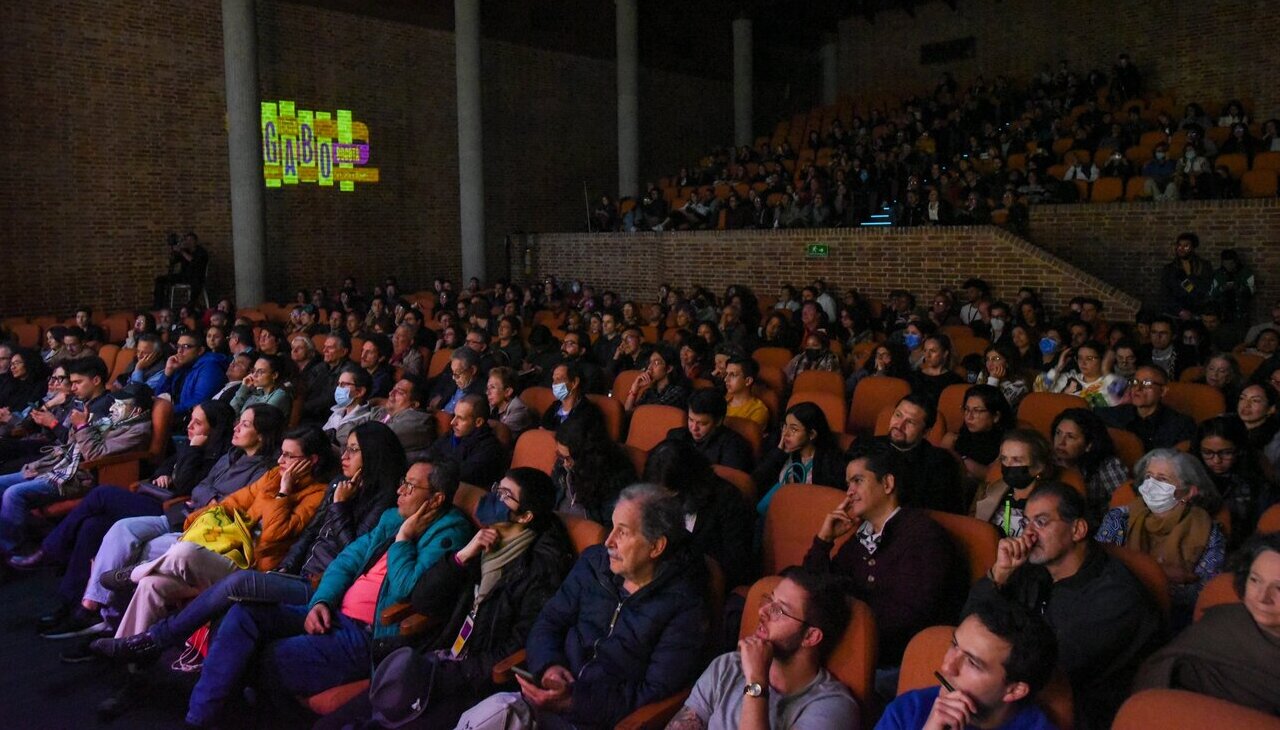
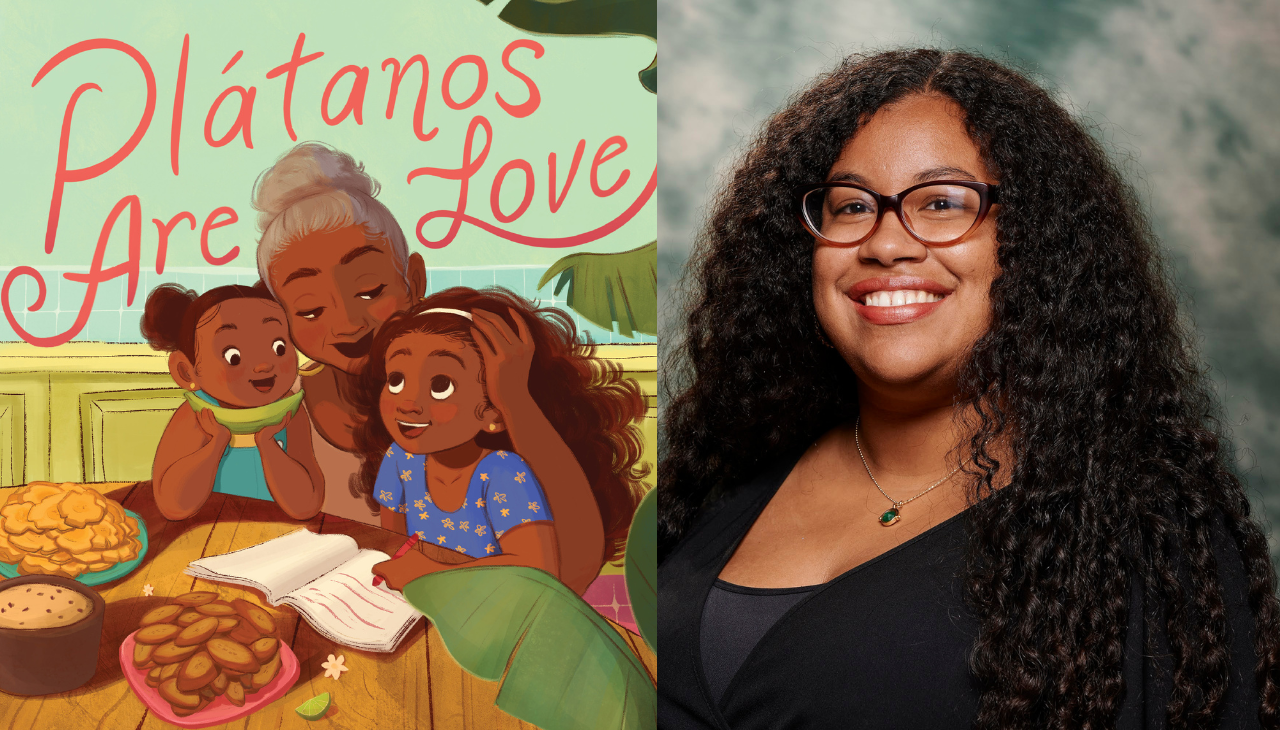
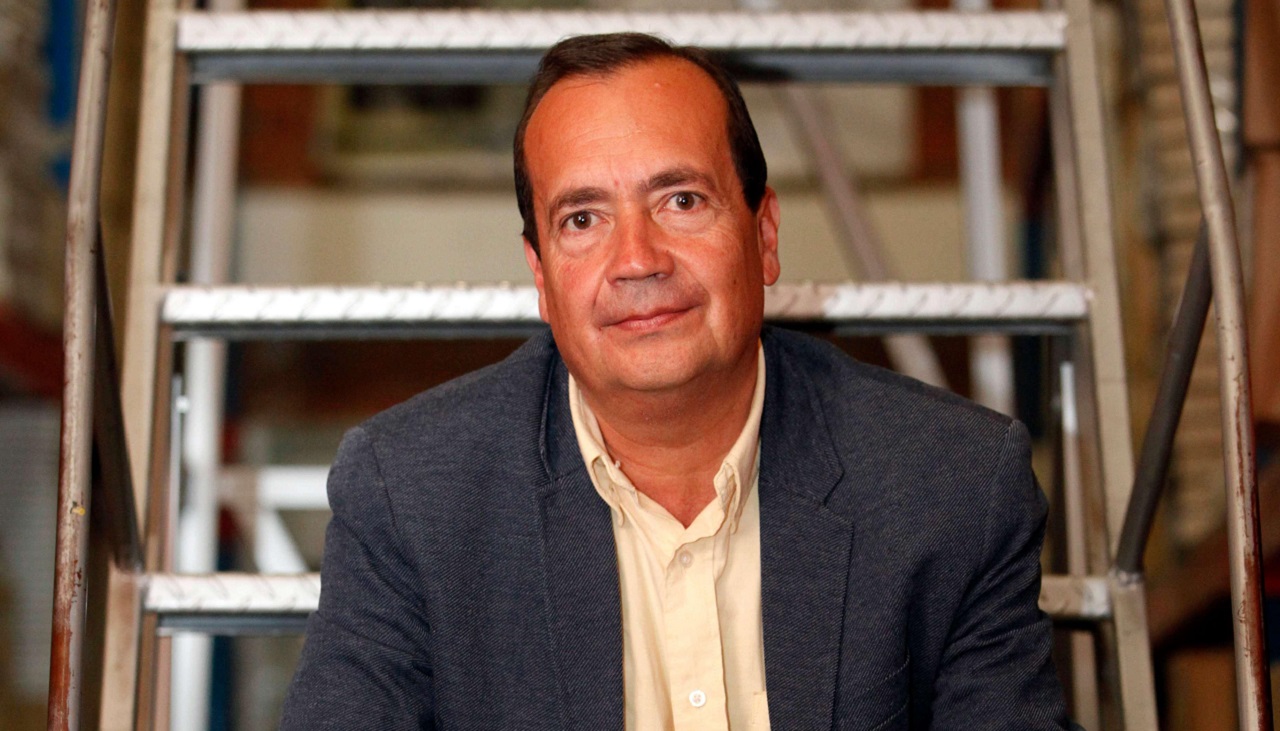
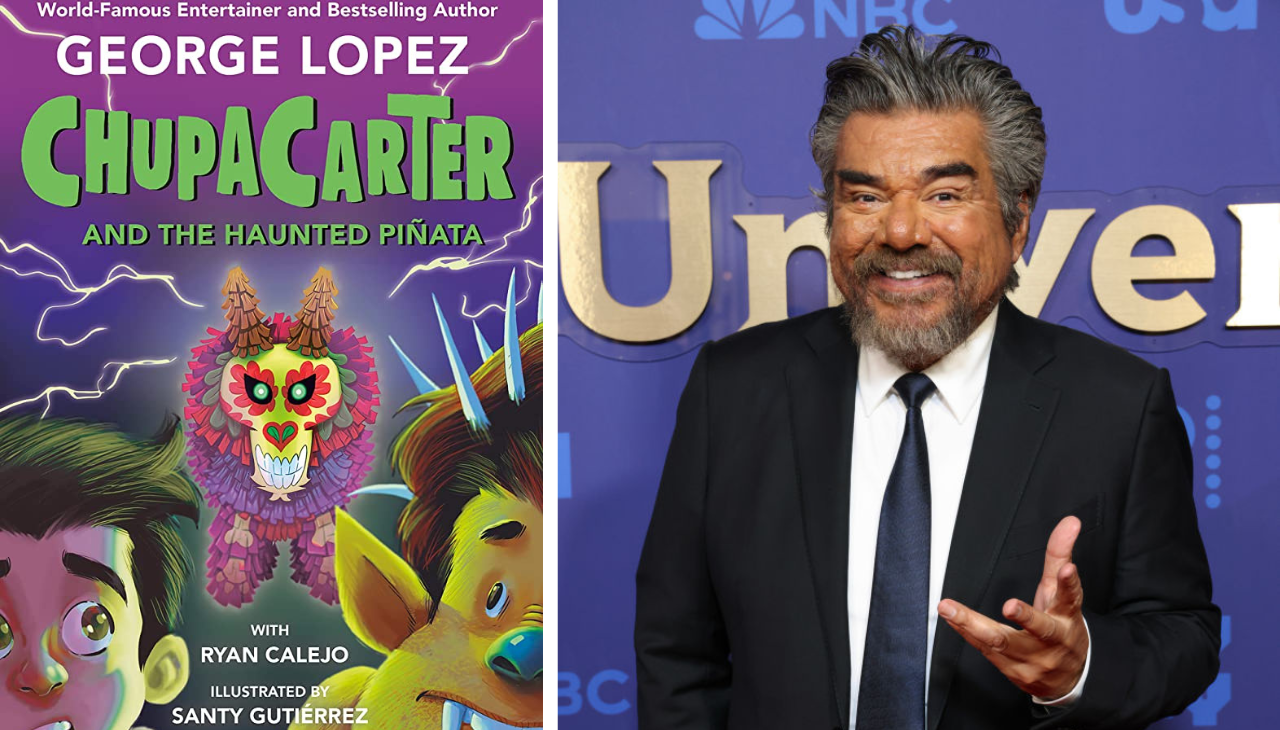
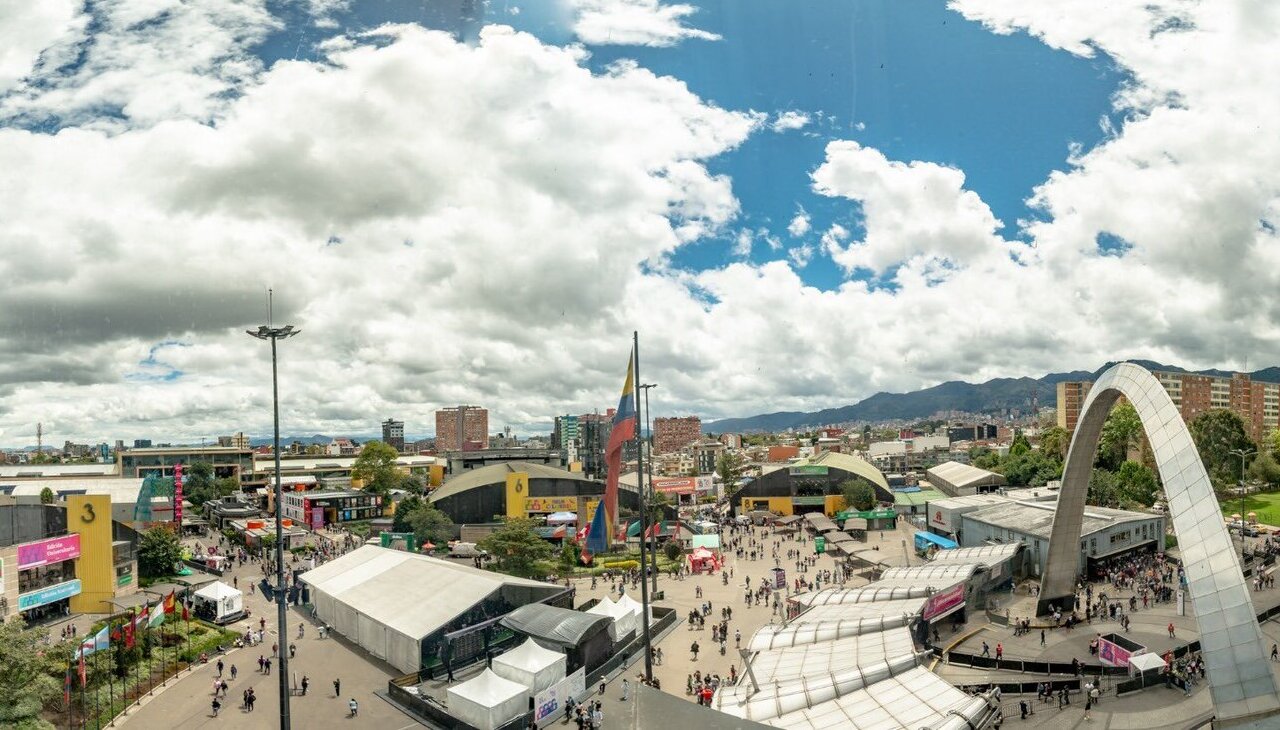


LEAVE A COMMENT:
Join the discussion! Leave a comment.